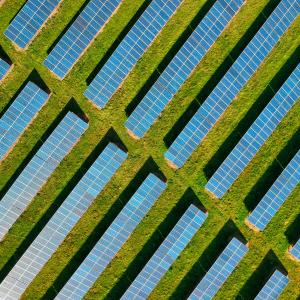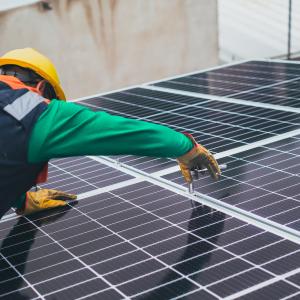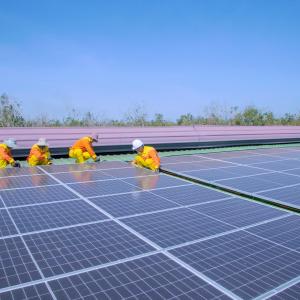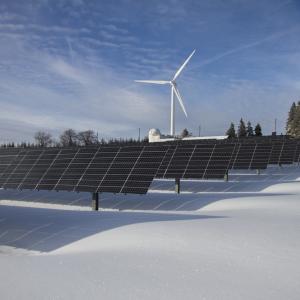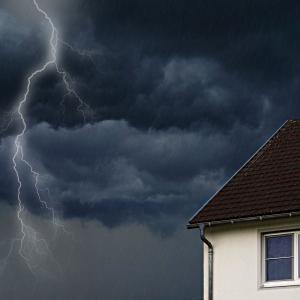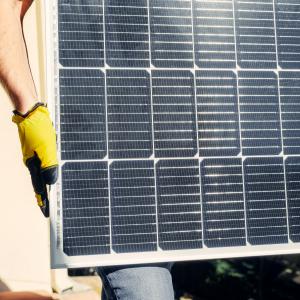What Are the Differences Between On-Grid and Off-Grid Solar?
On-grid and off-grid solar systems are two main types of solar power setups, each with distinct characteristics and purposes. Here are the key differences between them:1. Connection to the Grid:
- On-Grid (Grid-Tied) Solar System: An on-grid solar system is connected to the local electrical grid. It generates electricity from the sun using solar panels, and any excess energy not immediately used by the home or business is sent back to the grid. This excess energy is often credited or compensated for through net metering or feed-in tariffs, reducing the owner's electricity bill.
- Off-Grid Solar System:An off-grid solar system operates independently of the electrical grid. It generates electricity that is used directly by the home or business and stored in batteries for use when the sun is not shining. Off-grid systems are common in remote or rural areas where grid access is unavailable or expensive to establish.
2. Energy Independence:
- On-Grid:On-grid systems still rely on the grid for power supply during times when the solar panels are not producing energy (e.g., at night or during cloudy days). They don't provide energy independence in the event of grid outages.
- Off-Grid: Off-grid systems provide energy independence, as they are entirely self-sustained and do not rely on the grid. They are designed to meet the energy needs of the property without external power sources.
3. Battery Storage:
- On-Grid: On-grid systems may or may not include battery storage. If they do, batteries are often used to store excess energy for later use during peak demand periods, but they might not be sufficient to provide power during prolonged outages.
- Off-Grid: Off-grid systems almost always include battery storage to store surplus energy generated during sunny periods. These batteries ensure a consistent power supply during nighttime or cloudy days.
4. Cost Considerations:
- On-Grid: On-grid systems tend to be less expensive initially since they do not require as many batteries or complex off-grid equipment. The return on investment comes mainly from reduced energy bills and potential incentives.
- Off-Grid: Off-grid systems are typically more expensive due to the added cost of battery storage and backup power systems. These costs are often offset by the savings of not having to extend utility lines to remote locations.
5. Maintenance and Complexity:
- On-Grid: On-grid systems are simpler and often require less maintenance because they do not need to manage battery systems. Maintenance mainly involves checking and cleaning solar panels.
- Off-Grid: Off-grid systems are more complex and require more maintenance due to the presence of battery banks. Batteries need regular maintenance and replacement to ensure the system's longevity.
6. Environmental Considerations:
- Both on-grid and off-grid systems contribute to reducing carbon emissions by generating clean, renewable energy. However, off-grid systems can have a more significant environmental impact in remote areas by replacing diesel generators, which are often used as the primary power source.
Ultimately, the choice between on-grid and off-grid solar depends on factors such as the availability of grid access, energy independence goals, budget, location, and specific energy needs.

